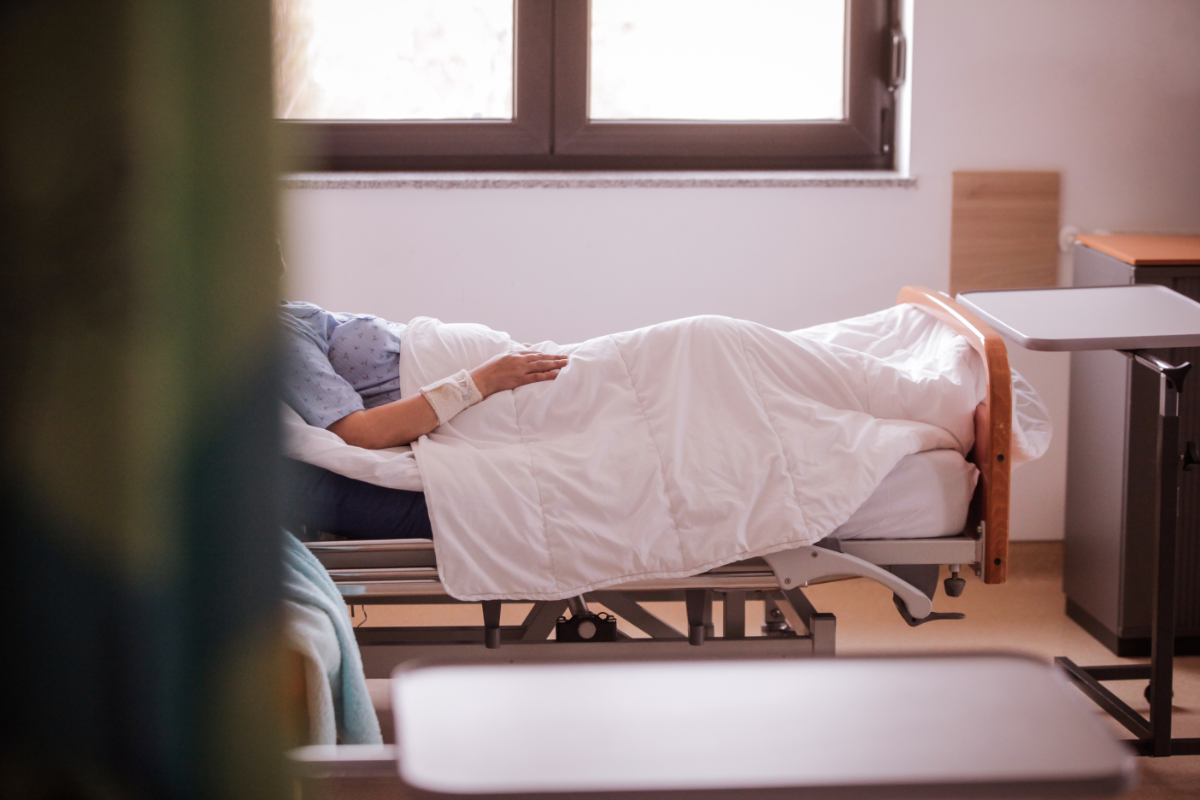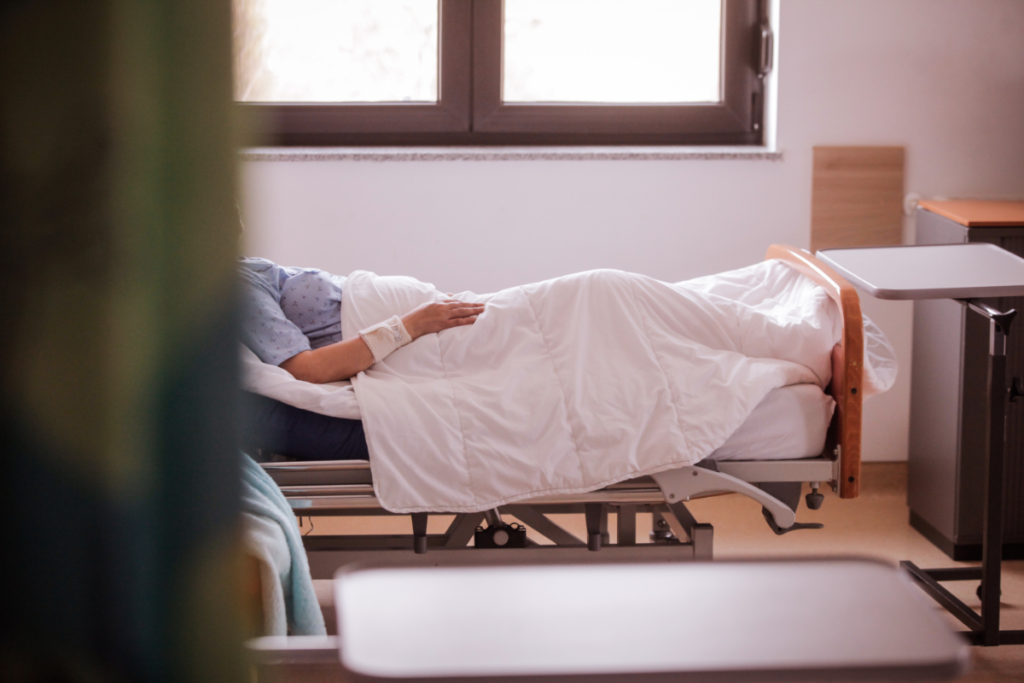Suicide: The Other Outlawed Abortion


It’s once again illegal to perform an abortion in much of the United States. And it is still illegal, in most cases, to assist someone who wants to end their life. Both issues are about having autonomy over one’s own body, and both are unlikely to be settled anytime soon.
While the abortion battle is being fought fiercely in courts, legislatures and public forums, assisted suicide is a “dark” subject, seldom discussed publicly and little addressed by politicians and other bloviators.
Now and then, however, a case draws public attention. Take Mark Fleischman, who owned New York’s Studio 54 nightclub and partied there with the likes of Mike Jagger and Robin Williams in the 1980s.
But time passes and Fleischman, now 82, is no longer a hard-driving entrepreneur and carouser. Plagued by an undiagnosed neurological disorder, he plans to end his life on July 13, taking a fatal dose of barbituates at Dignitas, a non-profit Swiss clinic that provides assisted dying and other services.
“I can’t walk, my speech is f–ked up and I can’t do anything for myself,” Fleischman, who uses a wheelchair, said in a New York Post report. “My wife helps me get into bed and I can’t dress or put on my shoes. I am taking a gentle way out. It is the easiest way out for me.”
Dignitas charges $15,000 for patients who pass a battery of physical and psychological tests. It uses readily available drugs that take less than an hour to work. The patient gradually falls asleep before becoming comatose and dying.
The clinic provides palliative care and suicide prevention services to patients enduring chronic illness.
Assisted dying services scarce in U.S.
Not surprisingly, while suicide prevention is widespread, assisted suicide services are hard to find in the United States. They are illegal in most states and the few that permit such services usually require patients to establish residency and have other requirements that can make it difficult to qualify.
Washington, D.C. and the states of California, Colorado, Oregon, Vermont, New Mexico, Maine, New Jersey, Hawaii, and Washington permit assisted suicide under certain circumstances. Doctors do not actively administer the lethal drugs, however. That is classified as euthanasia, which is illegal in all 50 states and D.C.
The authors of the Oregon legislation prefer to call assisted suicide “death with dignity,” while other advocates call it assisted dying.
“Death with dignity is an end-of-life option, governed by state legislation, that allows certain people with terminal illness to voluntarily and legally request and receive a prescription medication from their physician to hasten their death in a peaceful, humane, and dignified manner,”
Even for patients who meet all the criteria, there is always the possibility that those who help them with the process could face murder charges, leading most terminally ill patients and their advisors to choose palliative care instead.
The requirements are looser in much of Europe, and in Canada. In Switzerland, Germany, Canada, Spain, Austria, Belgium and the Netherlands, a terminal diagnosis is not a requirement and voluntary euthanasia is additionally allowed.
Religion is the roadblock
At the heart of the abortion and assisted suicide controversies in the U.S. is religion. Many religions believe that each human houses a “soul” and that the soul is the sacred property of a supreme being. Thus, women and their physicians are prohibited from short-circuiting the birth process and individuals are forbidden to help others who wish to end their lives.
The United States is in theory a secular nation governed by laws written by humans without regard for personal religious or spiritual beliefs. But political leaders today cite their supposed beliefs in drafting laws that regulate their constituents, often taking guidance from Popes, pastors and other potentates who are not elected and have no secular authority.
This leaves pregnant women, their doctors and people wishing to die in a difficult position. Some have called it a Taliban-like situation.
The general position among medical and ethical experts in the U.S. today is that suicide should be prevented in nearly all cases. The American Medical Association says physician-assisted suicide does more harm than good and “is fundamentally incompatible with the physician’s role as healer.”
If you know someone in crisis
Call the National Suicide Prevention Lifeline (Lifeline) at 1-800-273-TALK (8255), or text the Crisis Text Line (text HELLO to 741741). Both services are free and available 24 hours a day, seven days a week. All calls are confidential. Contact social media outlets directly if you are concerned about a friend’s social media updates or dial 911 in an emergency. Learn more on the Lifeline’s website or the Crisis Text Line’s website.
The Veterans Crisis Line connects Service members and Veterans in crisis, as well as their family members and friends, with qualified Department of Veteran’s Affairs (VA) responders through a confidential toll-free hotline, online chat, or text messaging service. Dial 1-800-273-8255 and Press 1 to talk to someone or send a text message to 838255 to connect with a VA responder. You can also start a confidential online chat session at Veterans Crisis Chat.
